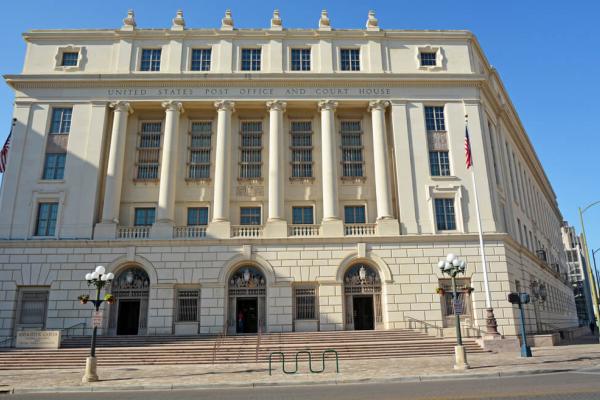Jun 30, 2017
On June 30, the Texas Supreme Court ruled that same-sex marriages do not have a right to spousal benefits, reports the Austin American-Statesman.
The decision of the Texas Supreme Court, which consists entirely of Republican members, affects the legal status of same-sex marriages in Texas, and potentially defies the U.S. Supreme Court’s 2015 affirmation of same-sex marriages.
Read the Full Article

Already a subscriber? Login
